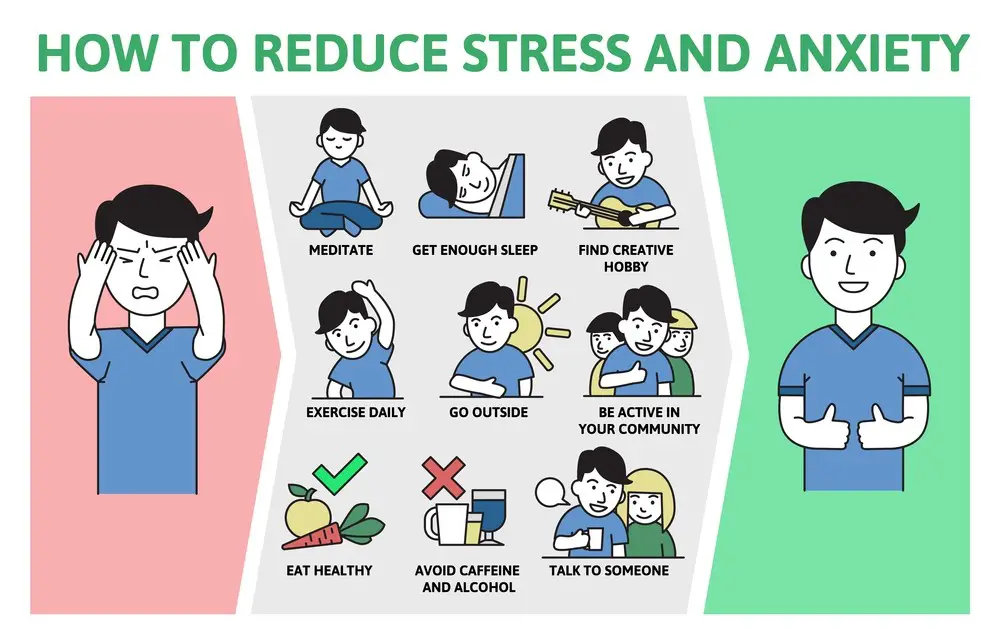As a BetterHelp affiliate, we receive compensation from BetterHelp if you purchase products or services through the links provided
Hearing that your child has been seriously injured can be one of your worst nightmares as a parent. When you get the phone call or the doctor’s diagnosis, it can feel like the world suddenly stops spinning. This catastrophic situation puts parents in such an intense emotional state that many feel helpless, lost, and confused about their next steps. So, instead of being overwhelmed by fear and uncertainty, we’ve compiled 7 easy psychology tips to help you guide your family through this difficult time with grace and understanding. They will reduce stress levels during this trying period and improve resilience against long-term psychological effects. By reading our advice below for coping with serious child injuries as a parent, you’ll gain valuable peace of mind knowing there are ways to manage while navigating other essential aspects such as treatments or paperwork needed for medical insurance coverage, etc.

1. Acknowledge Your Own Feelings
Parenting is an incredible journey filled with ups and downs. It’s easy to get consumed by the tasks, schedules, and responsibilities of caring for little ones. However, it’s essential to take a step back, acknowledge our emotions, and process them to be present for our children in the best way possible. Whether taking a few minutes to sit quietly, going for a walk, or writing in a journal, it is crucial to give us space to feel and process our emotions. Only then can we truly tune in to our children’s needs and show up authentically and beneficially for everyone involved. So, take a few minutes to acknowledge your feelings next time you feel overwhelmed or unsettled. Your child (and you!) will be glad you did.
2. Show Empathy Towards Your Child
As parents, it can be tempting to try to fix every problem our children encounter along the way. However, our children sometimes need a listening ear and a little empathy. By taking the time to truly understand what our children are going through and validating their emotions, we can build deeper connections with them and show them that it is important to express their feelings. It can be tough to sit back and let our children experience the ups and downs of life. Still, with some empathy, we can help them develop into well-rounded, emotionally resilient individuals.
3. Speak Positively
As adults, we naturally want to offer words of comfort when children are going through a tough time. However, the phrases we use can sometimes have unintended consequences. For example, saying “It will all be over soon” may seem reassuring, but it can invalidate the child’s pain and make them feel like their emotions aren’t necessary. Instead, it’s important to speak positively and offer encouragement that acknowledges the child’s struggles while offering hope for the future. Showing empathy and understanding can go a long way in helping children feel seen and valued during difficult times.
4. Create a Support System
During difficult times, having a solid support system can make a world of difference. Family and friends can provide much-needed comfort, strength, and advice to help you navigate trying times. Knowing that you have people to turn to who genuinely care about you can be incredibly reassuring. They can offer different perspectives on problems, share their experiences, and remind you that you are not alone. Building a solid support system takes time and effort, but the benefits are invaluable. Having people in your corner can make all the difference, whether it is a shoulder to cry on or someone to talk to.

5. Find Healthy Ways to Release Stress
It’s no secret that life can be stressful at times. If you’re feeling overwhelmed, don’t fret – there are plenty of healthy ways to manage your stress levels. One excellent option is to talk to someone you trust about your worries and concerns. Sometimes, a listening ear can make all the difference. Going for walks in nature is also an excellent way to release tension and quiet your mind. Consider attending a yoga class or meditating if you want something more structured. Both activities have been shown to impact mental health and reduce stress positively. Whatever approach you choose, know that taking care of yourself is vital to managing stress and maintaining overall wellness.
6. Offer Comfort and Reassurance
As parents, our ultimate responsibility is to ensure the emotional well-being of our children. We want them to feel loved, secure, and happy. In times of stress or hardship, however, it can be challenging for them to navigate through their emotions. That’s when they need us the most–to offer comfort and reassurance that we will always be there for them. No matter what challenges they may face in life, they can always count on us to be their constant source of support and strength. It’s important to remind our children of this fact so that they feel confident and empowered to face whatever comes their way. With a reassuring embrace, we can let them know that we are here for them–always and forever.
7. Celebrate Small Victories
Celebrating small victories is an incredibly important part of any recovery process, and this rings especially true when helping children through tough times. Whether your child is recovering from an injury, dealing with a mental illness, or simply facing the challenges of growing up, you must ensure they know how proud you are of every step they take towards feeling better. By recognizing small achievements and milestones, you’ll help your child develop a sense of accomplishment and confidence and encourage them to keep pushing forward, no matter how difficult the road may be. Remember, even the most minor steps are essential, and every victory deserves to be celebrated.
Learning how to support a child during difficult times effectively can be overwhelming and frightening, especially for parents. With all of the advice from professionals, it can take time to know which techniques work best. Hopefully, this article has helped provide some tips along the journey. Remember: Acknowledge your feelings, show empathy towards your child, speak positively, create a support system, find healthy ways to release stress, offer comfort and reassurance, and celebrate small victories together. We wish you luck on this journey! If you’re feeling overwhelmed or need additional advice on supporting your child during life’s obstacles – reach out for help! There are many reliable resources available that offer additional knowledge and even one-on-one assistance. Don’t be afraid to ask for help when needed – being there for your child during tough times doesn’t mean you have to go through it alone.
- Breaking the Silence: Why Men’s Mental Health Matters More Than Ever - April 15, 2025
- How to Transform a Home’s Patio Space into a Relaxing Space - March 23, 2025
- 5 Strategies to Use a Cell Phone to Help Manage Your Stress - March 23, 2025
This site contains affiliate links to products. We will receive a commission for purchases made through these links.



